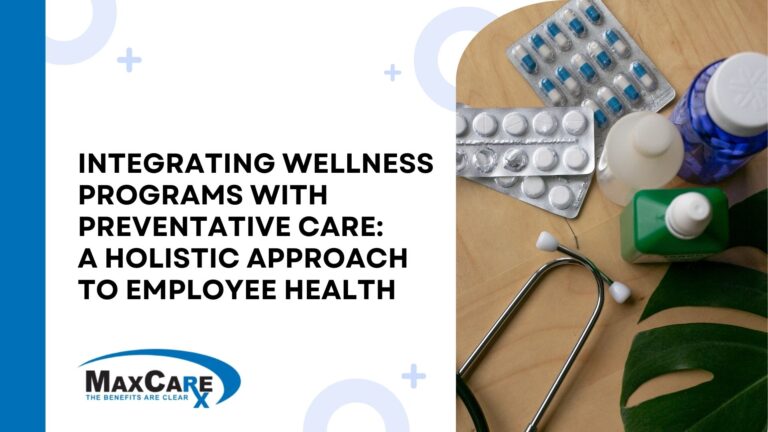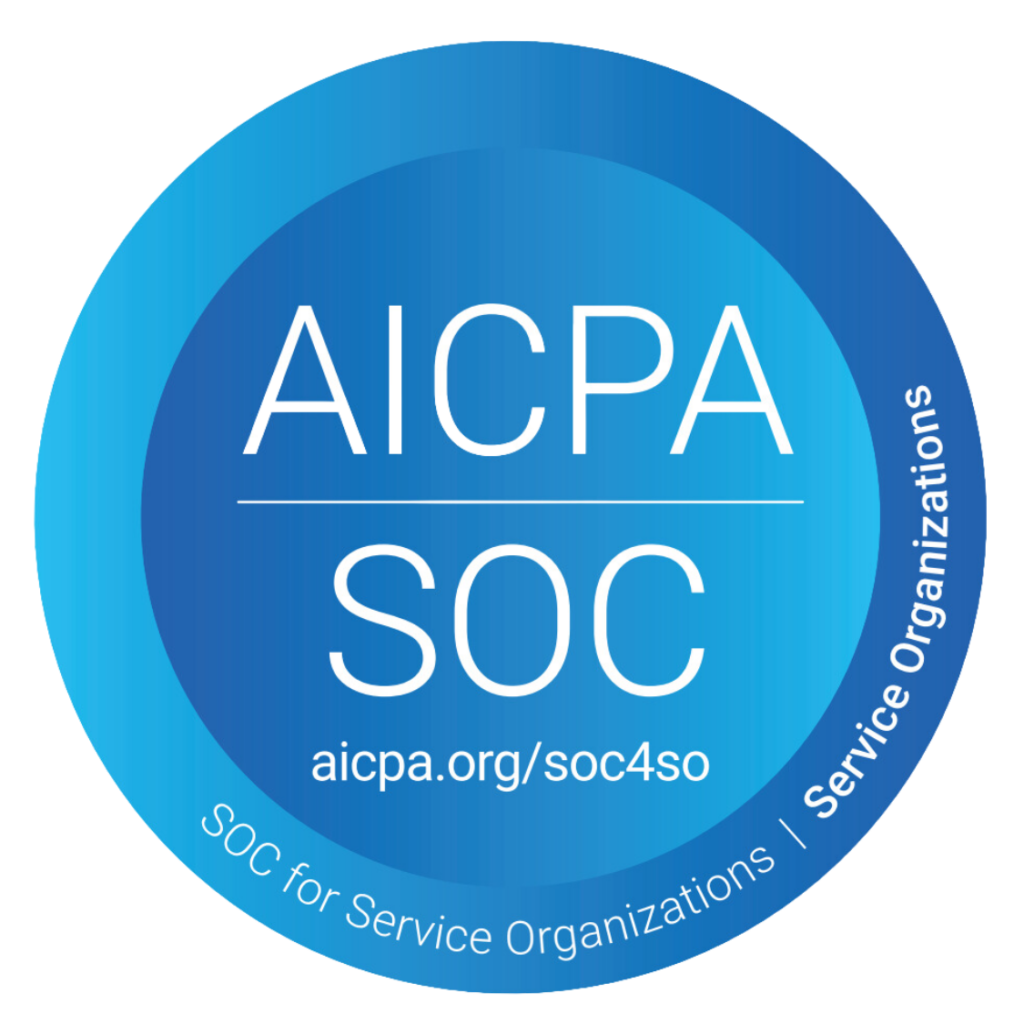When thinking of healthcare, we often consider hospitals, clinics, and primary care providers as the frontline warriors. However, it’s impossible to overlook the fundamental role of community pharmacies in providing crucial services that contribute to individual and public health. They serve as a critical link in the health care chain, ensuring seamless delivery of necessary medication therapies for various health conditions. Whether it is a chain pharmacy or an independently owned pharmacy, these establishments are the silent heroes, often going beyond medication dispensing to support long-term care in the community.
Unveiling the Role of Local Pharmacists
Community pharmacies have a unique and indispensable role in the broader context of global health. They are the local hubs of primary care, providing immediate access to essential medical services. Pharmacists, often regarded as the unsung heroes of the healthcare field, make a significant contribution to patient care and health education.
During the COVID-19 pandemic, the role of community pharmacies has become more crucial than ever. The pandemic underscored the vital importance of these institutions in the health system, particularly in areas where healthcare facilities were stretched to capacity. Acting as frontline responders, community pharmacies across the world stepped up to provide essential services. Their role in controlling the spread of the virus has been invaluable, positioning them as a vital component of the national community response. The community pharmacy became an indispensable touchpoint for accurate health information, as well as for supplies of necessary medication and preventive measures. Many pharmacies became vaccination sites, administering COVID-19 vaccines to the public, and offering up-to-date information.
As a healthcare professional, a pharmacist’s responsibilities extend beyond filling prescriptions for controlled substances or other prescribed medications. Pharmacists are critical in patient care, providing patient education to help individuals understand their medication therapies, potential side effects, and the importance of adherence to treatment regimens.
Pharmacists often collaborate with other care providers, integrating their practice and research to improve health outcomes. They are uniquely positioned to notice any medication discrepancies that could adversely affect a patient’s health. This involvement allows them to make essential interventions, highlighting the quality improvement that community pharmacies bring to the local health system.
Several research papers have documented the significant impact of community pharmacies on public health outcomes. For example, a study by the American Pharmacists Association found that community pharmacies were instrumental in improving medication adherence, reducing healthcare costs, and ultimately, enhancing the quality of life for patients with chronic illnesses.
Beyond Dispensing Medications: Pharmacies Addressing Health and Wellness
Wellness programs are a cornerstone of community pharmacy initiatives. These programs focus on promoting healthy lifestyle choices, preventive care, and disease management. Community pharmacists offer personalized consultations, conduct health screenings, and provide education on topics such as nutrition, exercise, and smoking cessation. By taking a proactive approach to health, community pharmacies play a vital role in preventing chronic diseases and improving overall community wellbeing.
Community pharmacists are also actively involved in clinical trials, contributing to the advancement of medical research. Their participation in clinical trials enables them to offer cutting-edge treatments and therapies to their patients. Additionally, community pharmacies collaborate with organizations such as cancer institutes to provide support and guidance to individuals undergoing cancer treatment. Through their involvement in cancer care, community pharmacists play a significant role in improving the quality of life for cancer patients and their families.
Community Pharmacies and Emerging Healthcare Technologies
As healthcare continues to evolve, community pharmacies are at the forefront of embracing emerging technologies. This integration of technology enhances their ability to provide comprehensive patient care and optimize health outcomes.
Telehealth services have become a valuable addition to community pharmacy offerings. By leveraging video consultations and remote monitoring tools, community pharmacists can extend their reach and provide virtual care to patients who may have difficulty accessing traditional healthcare services. This approach is particularly beneficial for patients in rural or underserved areas, as well as those with mobility limitations.
The adoption of artificial intelligence and other technologies in community pharmacies further enhances the services provided. Pharmacy management systems, for example, can streamline processes like medication dispensing and inventory control, allowing more time for the pharmacist to focus on direct patient care. Pharmacy automation systems improve accuracy, efficiency, and patient safety by automating medication dispensing and reducing the risk of errors. By embracing automation, community pharmacies can free up time to focus on patient care and counseling, fostering a more patient-centered approach to healthcare.
The Human Touch: Personalized Care and Patient Advocacy
When discussing the community pharmacies’ practice, one can’t overlook their patient-centric approach. Pharmacies prioritize patient education, taking the time to discuss medication therapies, and understand each individual’s unique health needs. They take the time to answer questions, address concerns, and provide medication counseling to ensure proper adherence and optimal outcomes. Their accessibility and approachability create a safe space for patients to discuss their health issues and seek guidance.
Community pharmacies, particularly independently owned pharmacies, often offer a more personalized approach compared to larger health systems. This personal touch can lead to better patient adherence to medication regimens and, consequently, improved health outcomes.
Community pharmacists are often deeply embedded in their local communities, forging personal connections with patients and their families. This familiarity allows them to gain a comprehensive understanding of their patients’ medical histories, medication regimens, and individual needs.
In addition to providing direct patient care, community pharmacists serve as advocates for their patients within the healthcare system. They collaborate with other healthcare providers, such as physicians and specialists, to optimize treatment plans and coordinate care. This interdisciplinary approach ensures that patients receive comprehensive and coordinated care, leading to improved health outcomes.
MaxCare’s Stance on Local Community Pharmacies
At MaxCare, our focus is our members. Because of this, we are dedicated to local, community pharmacies. We feel the best overall health outcomes for our members can be achieved through the enhanced service and support that only community pharmacies can provide.
MaxCare recognizes and appreciates the vital role played by community pharmacies. We understand their significance in offering personalized patient care, health promotion, and disease prevention. MaxCare supports community pharmacies, acknowledging them as a key pillar in the healthcare industry. We believe their services are critical for community health and are dedicated to fostering a collaborative relationship with them.
At MaxCare, we believe that the relationship between local community pharmacies is an integral part of the healthcare landscape. We collaborate with community pharmacies to manage drug benefit programs, optimize patient outcomes, and ensure cost-effectiveness. This partnership allows community pharmacies to leverage their expertise in medication management while providing affordable and accessible care to patients.
The synergy between MaxCare and community pharmacies was particularly evident in our response to the COVID-19 pandemic. We worked closely with community pharmacists to ensure the timely availability of essential medications, especially those needed for COVID-19 treatment. We also collaborated on implementing safety measures, such as social distancing protocols and contactless delivery options, to protect the health of both patients and pharmacy teams.
Our alliance not only enhances the efficiency of healthcare delivery but also supports the sustainability of local community pharmacies. By streamlining administrative processes and negotiating favorable reimbursement rates, we help community pharmacies remain financially viable, ensuring their continued presence in underserved areas.
Conclusion: Celebrating the Unseen Heroes
Community pharmacies continue to demonstrate their resilience, adaptability, and dedication to their communities, even in the face of daunting challenges such as the COVID-19 pandemic. The types of community pharmacies may vary, but they all share the goal of ensuring accessible and quality healthcare for all. By fostering a deep understanding of the community, pharmacies can tailor their services to meet the unique needs of the population they serve. Their focus on patient care, professional development, and quality improvement positions community pharmacies as integral elements of any robust healthcare system. In essence, community pharmacies are much more than medication dispensaries – they are the unseen heroes of local healthcare.
As we continue to appreciate and support their work, we fortify our collective strength to meet future health challenges. Let us celebrate the vital role of community pharmacies and the dedicated pharmacists and healthcare professionals who make a difference in our lives every day.



